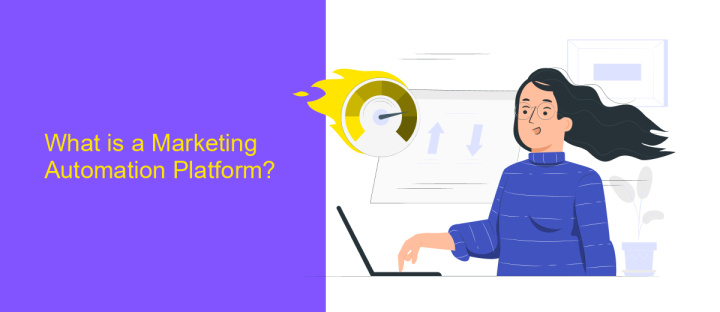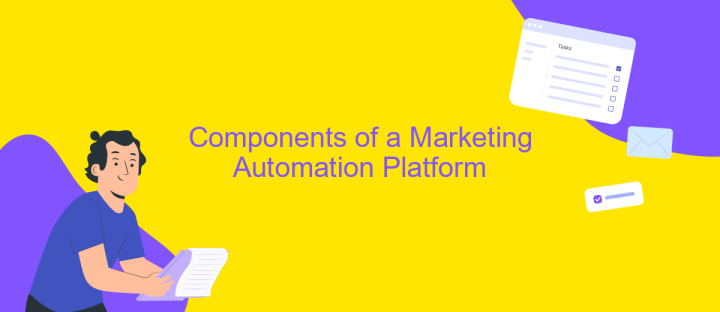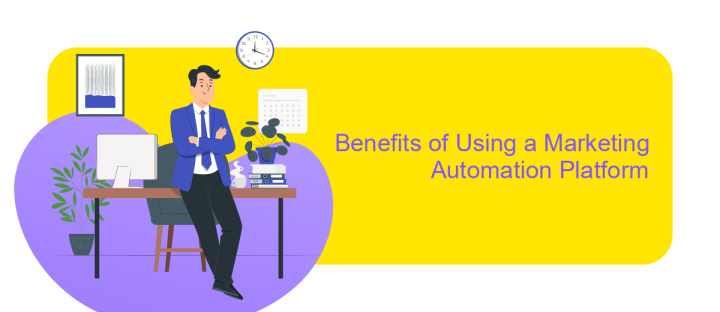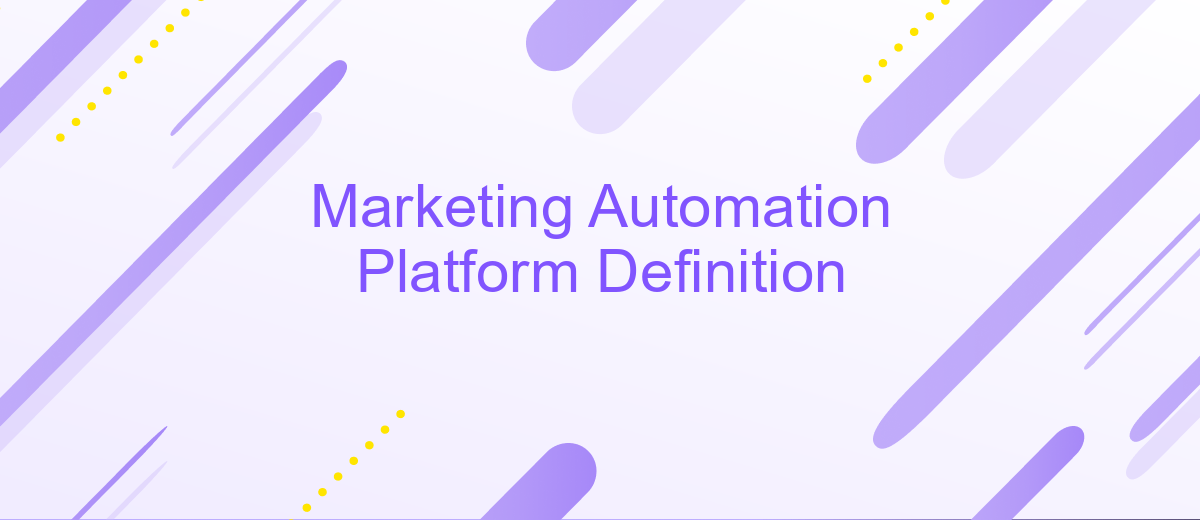Marketing Automation Platform Definition
In today's fast-paced digital landscape, businesses are increasingly turning to marketing automation platforms to streamline their marketing efforts and drive efficiency. These platforms integrate various marketing tools and technologies, enabling companies to automate repetitive tasks, manage customer data, and execute targeted campaigns with precision. This article delves into the definition of marketing automation platforms and explores their key features and benefits.
Introduction
In today's fast-paced digital landscape, businesses are increasingly turning to marketing automation platforms to streamline their marketing efforts and enhance customer engagement. These platforms offer a comprehensive suite of tools designed to automate repetitive tasks, personalize marketing campaigns, and analyze performance metrics, thereby allowing marketing teams to focus on strategic initiatives.
- Automated email marketing campaigns
- Lead nurturing and scoring
- Customer segmentation
- Multi-channel campaign management
- Analytics and reporting
By leveraging a marketing automation platform, companies can not only save time and resources but also achieve higher ROI from their marketing activities. The ability to deliver personalized content at scale and track customer interactions across various channels enables businesses to build stronger relationships with their audience and drive growth more effectively.
What is a Marketing Automation Platform?

A Marketing Automation Platform is a software solution designed to streamline, automate, and measure marketing tasks and workflows. By leveraging such a platform, businesses can enhance their marketing efforts, improve efficiency, and generate more leads. The core functionalities typically include email marketing, social media management, lead nurturing, and customer segmentation. These platforms provide valuable insights and analytics to help marketers make data-driven decisions and optimize their campaigns for better performance.
One key feature of a Marketing Automation Platform is its ability to integrate with other tools and services, which ensures seamless data flow across various marketing channels. For instance, services like ApiX-Drive facilitate easy integration with numerous applications, enabling businesses to automate data transfer and synchronization without manual intervention. This not only saves time but also reduces the risk of errors, allowing marketers to focus on strategic activities rather than repetitive tasks. Overall, a Marketing Automation Platform empowers businesses to deliver personalized experiences at scale, driving growth and customer engagement.
Components of a Marketing Automation Platform

A Marketing Automation Platform (MAP) is a comprehensive tool designed to streamline, automate, and measure marketing tasks and workflows. It helps businesses to improve efficiency, enhance customer engagement, and drive revenue growth by leveraging data and analytics. The key components of a MAP ensure that every aspect of marketing is optimized for better performance.
- Email Marketing: Automates the creation, scheduling, and analysis of email campaigns.
- Lead Management: Tracks and manages leads through the sales funnel, ensuring timely follow-ups.
- Customer Segmentation: Divides the customer base into distinct groups for targeted marketing.
- Analytics and Reporting: Provides insights into campaign performance and customer behavior.
- Social Media Integration: Automates social media posts and monitors engagement.
- CRM Integration: Syncs with Customer Relationship Management systems for seamless data flow.
By incorporating these components, a Marketing Automation Platform enables businesses to execute more effective marketing strategies. It not only saves time but also ensures that marketing efforts are data-driven and aligned with business goals, ultimately leading to increased ROI and customer satisfaction.
Benefits of Using a Marketing Automation Platform

Implementing a marketing automation platform can significantly enhance the efficiency of your marketing efforts. By automating repetitive tasks, you free up valuable time for your team to focus on more strategic initiatives. This not only boosts productivity but also ensures a more consistent and personalized customer experience.
Another key benefit is the ability to track and analyze customer behavior in real-time. With detailed insights and analytics, you can make data-driven decisions that optimize your marketing campaigns. This leads to higher conversion rates and a better return on investment (ROI).
- Streamlined marketing processes
- Enhanced customer segmentation
- Improved lead nurturing and scoring
- Comprehensive analytics and reporting
- Increased ROI
Overall, a marketing automation platform enables businesses to scale their marketing efforts more effectively. By leveraging automation, companies can deliver targeted and timely messages, ultimately driving growth and improving customer satisfaction. This technology is essential for staying competitive in today's fast-paced digital landscape.
Choosing the Right Marketing Automation Platform
Choosing the right marketing automation platform requires careful consideration of your business needs and goals. Start by identifying key features you require, such as email marketing, social media management, lead scoring, and analytics. Evaluate the user interface and ease of use, as a complex system can hinder productivity. Additionally, consider the scalability of the platform to ensure it can grow with your business. Cost is another critical factor; compare pricing models to find one that fits your budget while offering the necessary features.
Integration capabilities are crucial for a seamless workflow. Ensure the platform can integrate with your existing CRM, e-commerce systems, and other tools. Services like ApiX-Drive can facilitate these integrations, enabling you to connect various applications without the need for extensive technical knowledge. Lastly, review customer support options and read user reviews to gauge the reliability and effectiveness of the platform. Taking these steps will help you choose a marketing automation platform that aligns with your business objectives and enhances your marketing efforts.
FAQ
What is a Marketing Automation Platform?
How can a Marketing Automation Platform benefit my business?
What should I look for when choosing a Marketing Automation Platform?
How do I integrate a Marketing Automation Platform with my existing systems?
Can small businesses benefit from using a Marketing Automation Platform?
Do you want to achieve your goals in business, career and life faster and better? Do it with ApiX-Drive – a tool that will remove a significant part of the routine from workflows and free up additional time to achieve your goals. Test the capabilities of Apix-Drive for free – see for yourself the effectiveness of the tool.

